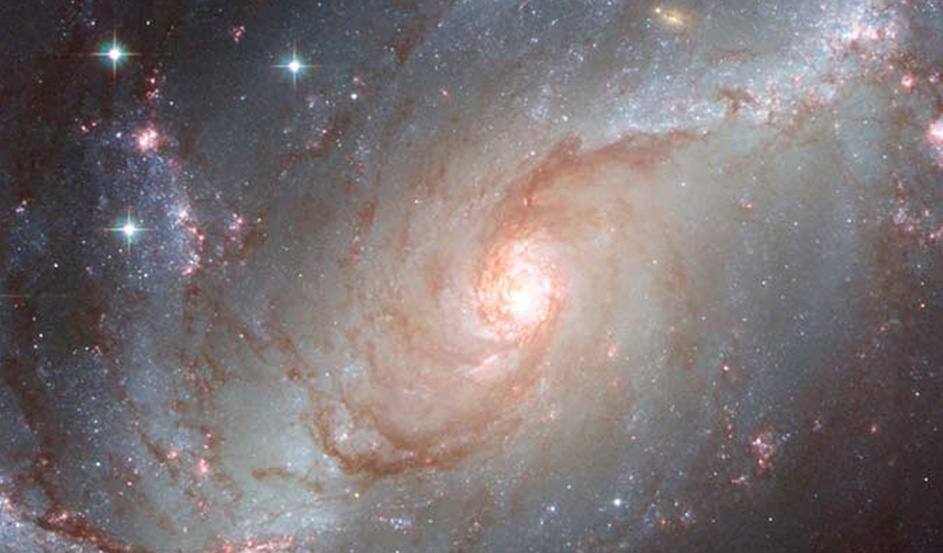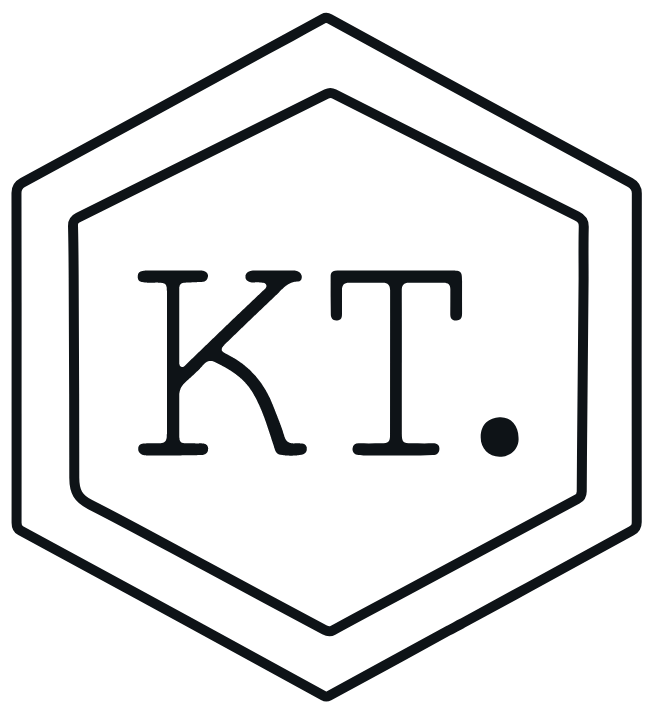
G-ASTRONOMY: THE UNIVERSE AT THE TIP OF YOUR TONGUE
BEFORE YOU READ THIS ARTICLE WE HAVE 2 QUESTIONS; DO YOU KNOW HOW MANY PLANETS ARE IN OUR SOLAR SYSTEM? DO YOU KNOW THE ORDER OF THE PLANETS? (scroll to the bottom of the page for answers)
Understanding the Universe is quite an undertaking.. what is space made of? how far are we from our closest neighbouring planet? what is beyond our galaxy? what is the big bang and how did it transpire? where does one even begin to look for answers to all this?
These are just a few of the questions I had in mind after a brief encounter with Dr Roberto Trotta (theoretical cosmologist at Imperial College London) last summer at the Cheltenham Science Festival. After having just presented a talk on stage with Professor Charles Spence on the subject of Gastrophysics, I was approached by Dr Trotta who began explaining his work in the field of astrophysics, his commitment to public engagement and his interest in gastronomy. We immediately fell into a brief conversation about collaborating on the development of a gastronomic exploration of space. Several months later and after several subsequent meetings we are now looking forward to our first little endeavour in this project which will take place at the Science Museum Lates this December 15th – the focus of which is Tim Peake’s launch to the International Space Station.
As part of his work with The Hands-On Universe – a public engagement programme to create and deliver innovative methods of connecting the public with our cosmic environment, Dr Trotta creates immersive, participative experiences by using do-it-yourself activities, cookery and other fun, unexpected ways of engaging with the great mysteries of the cosmos. Dr Trotta and I have been working developing mini experiences which will take diners on a journey of space exploration. We want to demystify space using gastronomy! These experiences are planned to launch later in 2016, so for now we are focusing on a few smaller projects under the title ‘g-Astronomy’ and will begin with our participation in the Science Museum Lates with an ‘Edible Orrery’ made of edible spheres (each planet represented by a different flavoured juice) – participants will be able to select a planet and make their own spheres to eat!
If you are wondering why Kitchen Theory are interested in space…
Cosmology and astrophysics address some of the most fundamental and universally fascinating questions in the whole of science: Where did the Universe come from? What is it made of? What will its ultimate fate be? The study of the Universe is inspiring, humbling and in short one of the greatest scientific challenges of humankind.
But by its nature the cosmos is also far removed from our everyday experience. This is part of its mystery and fascination, but it can also become a hurdle when trying to engage the public in a genuine, two-way dialogue. The Hands-On Universe is a public engagement programme to create and deliver innovative methods of connecting the public with our cosmic environment, and with cutting-edge research in astrophysics.
The Hands-on Universe endeavours to reinterpret and understand the big questions in cosmology and astrophysics in terms of our everyday experiences, metaphorically, conceptually, artistically and emotionally. What is the Universe made of? How did it begin? How will it end? What is the nature of reality? How does science work?
At this point it would only be right to give Dr Trotta a popper introduction…
Roberto Trotta is a theoretical cosmologist at Imperial College London, where he studies dark matter, dark energy and the Big Bang, and an STFC Public Engagement Fellow.
Roberto is a passionate science communicator and the recipient of numerous awards for his research, outreach and art and science collaborations, including the Lord Kelvin Award of the British Association for the Advancement of Science and the Michelson Prize of Case Western Reserve University.
His award-winning first book for the public, “The Edge of the Sky: All you need to know about the All-There-Is”, endeavours to explain the Universe using only the most common 1,000 words in English. Roberto was named as one of the 100 Global Thinkers 2014 by Foreign Policy, for “junking astronomy jargon”.


Get in touch!
Find out what we can do for you. Contact us for a bespoke experience design or senseploration.


Leave a Reply